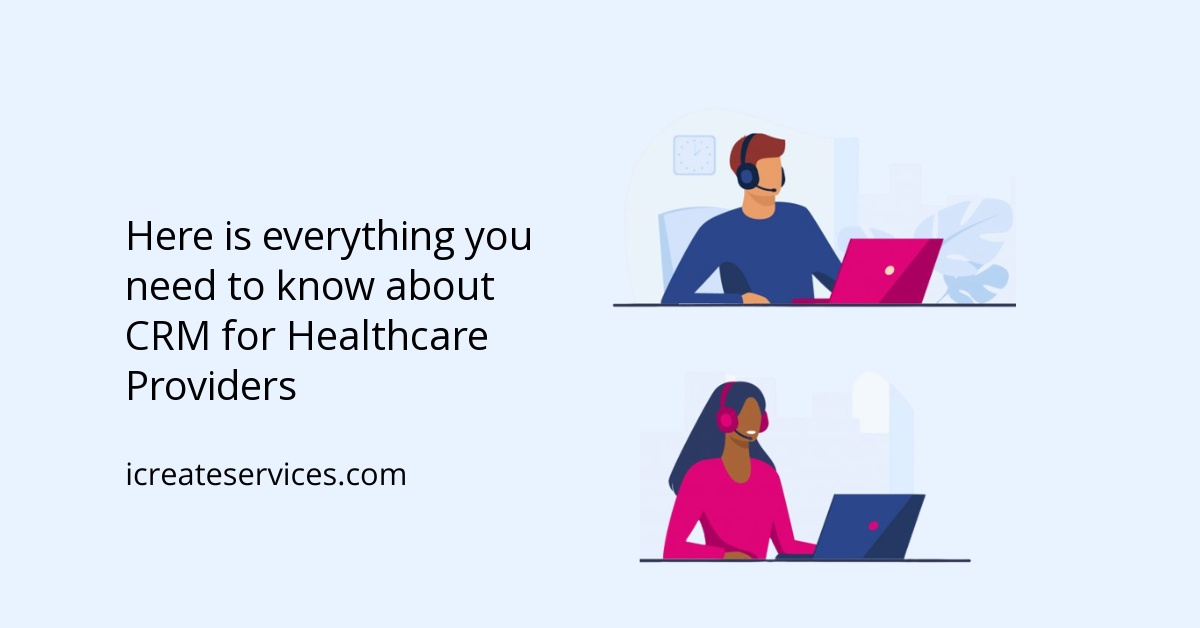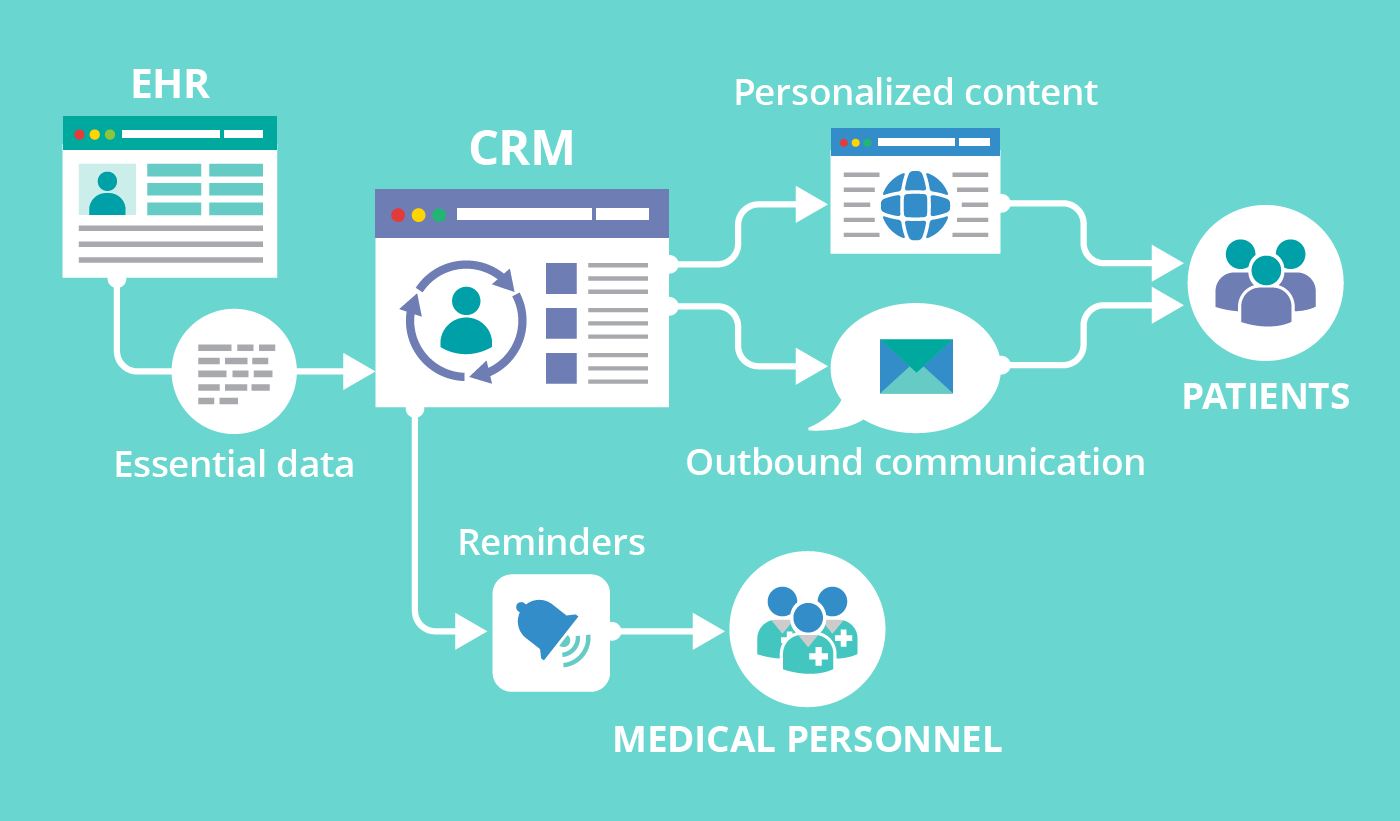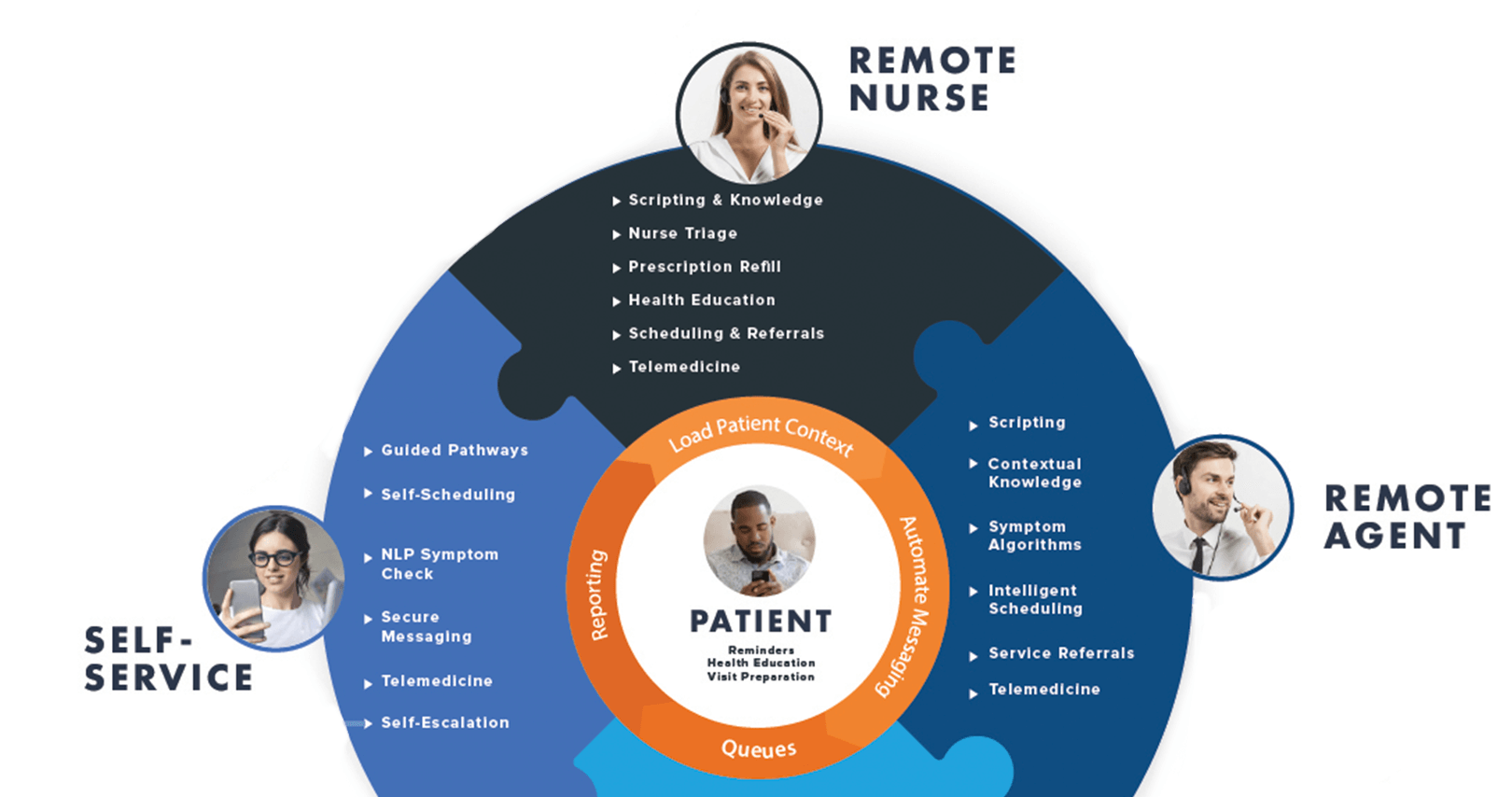In today’s competitive healthcare landscape, CRM for healthcare providers has emerged as a game-changer. By leveraging the power of customer relationship management, healthcare organizations can revolutionize patient engagement, streamline operations, and achieve unprecedented growth.
CRM empowers healthcare providers to build stronger relationships with patients, delivering personalized experiences that enhance satisfaction and loyalty. It streamlines appointment scheduling, automates communication, and provides valuable insights into patient preferences and behaviors.
Healthcare Industry Landscape: Crm For Healthcare Providers

The healthcare industry is undergoing a period of rapid transformation, driven by technological advancements, changing patient expectations, and increasing regulatory pressures. These factors are creating both challenges and opportunities for healthcare providers, who must adapt to meet the evolving needs of their patients and stakeholders.
One of the key challenges facing healthcare providers is the need to improve patient engagement and satisfaction. Patients are increasingly demanding a more personalized and convenient healthcare experience, and they are more likely to choose providers who can meet these expectations.
Healthcare providers must therefore invest in strategies to improve patient engagement, such as using CRM systems to track patient interactions and preferences.
Another challenge facing healthcare providers is the need to reduce costs while improving quality of care. CRM systems can help healthcare providers to identify and reduce inefficiencies in their operations, and they can also help to improve communication and collaboration between different departments.
This can lead to improved patient outcomes and reduced costs.
Unique Needs of Healthcare Organizations, Crm for healthcare providers
Healthcare organizations have unique needs when it comes to CRM. These needs include:
- The ability to track patient interactions across multiple channels, including phone, email, web, and social media.
- The ability to manage patient data securely and confidentially.
- The ability to integrate with other healthcare systems, such as electronic health records (EHRs) and billing systems.
- The ability to provide personalized marketing and outreach to patients.
- The ability to measure and track the effectiveness of marketing and outreach campaigns.
Summary

Embracing CRM is not merely an investment in technology; it’s an investment in the future of healthcare. By leveraging its transformative capabilities, healthcare providers can create a patient-centric ecosystem that drives exceptional outcomes, strengthens provider-patient bonds, and propels healthcare organizations towards success.
Query Resolution
What are the key benefits of CRM for healthcare providers?
CRM enhances patient engagement, streamlines operations, reduces costs, improves collaboration, and provides valuable data insights.
How does CRM help improve patient engagement?
CRM enables personalized communication, automated appointment reminders, and proactive outreach, fostering stronger patient relationships.
What are the essential features of a healthcare CRM?
Patient data management, appointment scheduling, communication tools, integration with EHRs, and analytics capabilities are crucial features.

